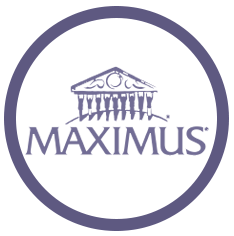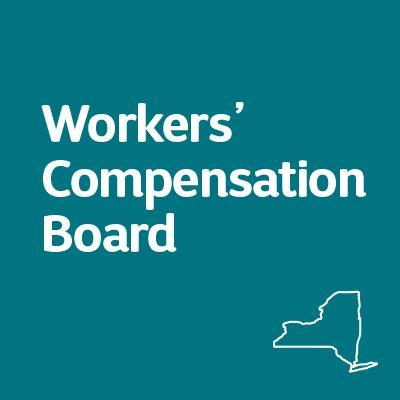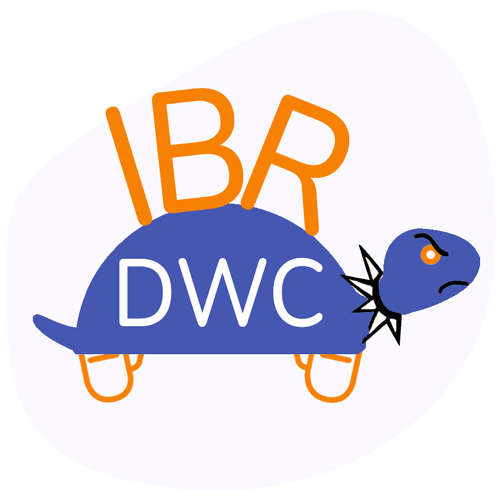Maximus Creates IBR Delays With Impossible Demands

Maximus Federal Services, the private entity which conducts Independent Bill Review (IBR) on behalf of California’s Division of Workers’ Compensation (DWC), has always demonstrated an imperfect understanding of workers’ comp billing rules and regulations. So it’s sadly unsurprising that recently, Maximus imposed inexplicable demands on a California provider for documentation to resolve several billing disputes.
Maximus claimed that the final Explanations of Review (EORs) the provider included in their request for IBR were insufficient, insisting the provider produce complete EORs — despite the fact that EORs are sent by the claims administrator, not the provider.
In other words, Maximus is making impossible demands of the provider as a condition of conducting IBR.
Unreasonable Document Request
Maximus surprised the provider with repeated demands for documentation that no provider could produce. In the letter from Maximus (below) to the provider, Maximus insisted the provider produce a new final EOR, one that includes required information regarding the date of the EOR’s issue:
The letter goes on to warn that if the provider fails to produce the requested documentation within ten calendar days, Maximus will pass the buck to the DWC, indefinitely delaying the process.
This request is absurd. Anything missing from the final EOR, including the date it was generated, is the responsibility of the claims administrator that generated the EOR. By what failure of logic does Maximus believe the provider could produce a claims administrator’s document?
We can say that Maximus made this demand on multiple occasions.
Maximus: Judge, Jury, and Executioner
When the claims administrator inappropriately denies or underpays a provider’s bill, the provider’s only recourse is to timely submit a second review appeal.
While second review appeals recover millions in revenue annually, claims administrators aren’t always willing or able to acknowledge their own reimbursement mistakes. If, after the second review appeal, the claims administrator still refuses to remit proper reimbursement, the provider’s next option is to request IBR.
The intended purpose of IBR was to reduce lien filings and to relieve the Workers’ Compensation Appeals Board (WCAB) from the tedious task of resolving disputes that concern the amount of reimbursement owed to a provider. The DWC created the IBR process and outsourced it to Maximus, allowing the WCAB to focus on “threshold” issues like liability.
For better or worse, when it comes to payment amount disputes, Maximus makes the call. Though Maximus is a private, for-profit company, Maximus’ decisions are — legally speaking — considered to be the determinations of the DWC.
Unfortunately, Maximus does not always represent the DWC well, often fumbling decisions and sometimes displaying a sub-par grasp of California workers’ comp.
Maximus’ demand for the provider to produce a complete ‘final EOR’ demonstrates a significant lack of understanding of the workers’ comp billing and payment process. Such ineptitude confirms a long-held suspicion: as an agent of the DWC entrusted with resolving important disputes, Maximus fails the provider (again).
When it comes to IBR, DaisyBill’s got your back. Our Work Comp Wizard includes our IBR Decision Library, a searchable database of Maximus decisions which providers can use to bolster their case. Try the Wizard free today.
TRY THE WIZARD
DaisyBill provides content as an insightful service to its readers and clients. It does not offer legal advice and cannot guarantee the accuracy or suitability of its content for a particular purpose.




.gif)
